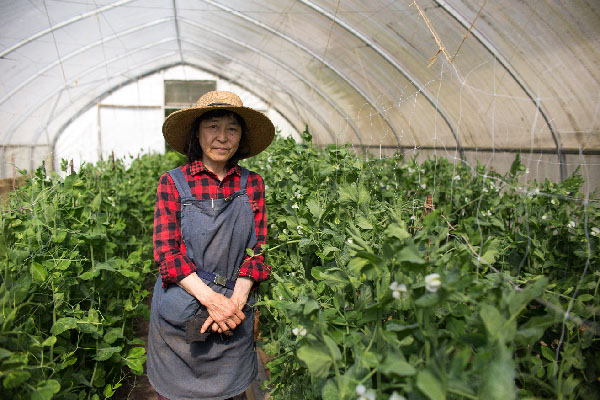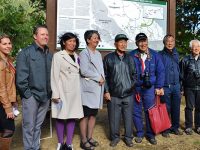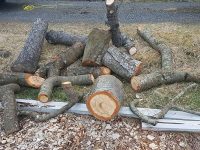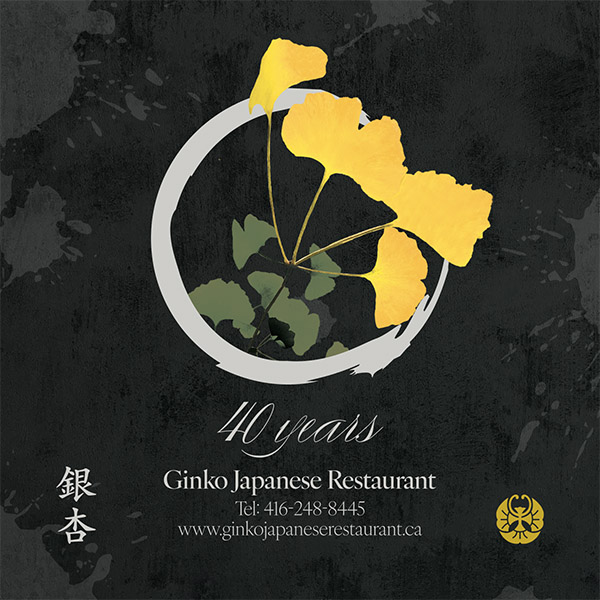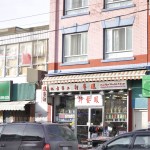Yoshiko Unno stands in a greenhouse filled with peas on her farm that grows Japanese vegetables all year round in Victoria, B.C. on April 20, 2016. Photo by: Kayla Isomura
VICTORIA — It’s hard to find fresh Japanese vegetables in Canada, says Victoria, B.C. restaurant owner Yasunobu Uchida, but living on the southern end of Vancouver Island, he’s only a 40-minute drive from Umi Nami Farm.
Umi Nami, located in the Metchosin district of Greater Victoria, specializes in year-round Japanese crops.
“It’s local and organic,” Uchida, who owns Uchida Eatery, said. “I get most of my vegetables there, probably 80 per cent of them.”
Growing Japanese daikon, eggplant, cucumber and more, Umi Nami sprouted 20 years ago when owner Yoshiko Unno and her late partner Tsutomu Suganami moved to Victoria from Japan.
Its name was derived from both their surnames, translating from kanji to “sea wave.”
The pair had farmed in Shizuoka, a Pacific seaside between Tokyo and Nagoya, for eight years.
“I’m so happy here,” Unno said. “We first visited a friend and we loved it.”
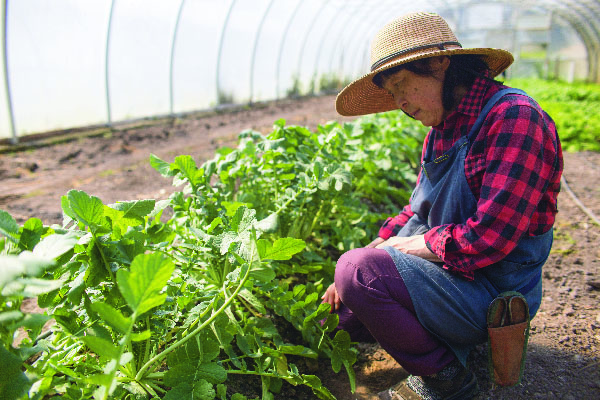
Yoshiko Unno digs for daikon radish at Umi Nami Farm in Victoria, B.C. on April 20, 2016. “Twenty years ago, Japanese vegetables were not so popular,” Unno said. “But right now, everybody wants them. Japanese food and cuisine is a lot more popular.”
Since their move to Canada, business for the farm has grown.
Uchida Eatery is one of 10 restaurants that buy regularly from Umi Nami.
The farm also has a regular stand at Victoria’s Moss St. Market and customers can buy produce directly from the farm.
“Twenty years ago, Japanese vegetables were not so popular,” Unno said. “But right now, everybody wants them. Japanese food and cuisine is a lot more popular.”
Japanese produce is becoming popular enough that Unno has noticed other farmers in the area growing their own kabu (turnip), mizuna and other Japanese vegetables.
Umi Nami’s most popular item is daikon radish, an item that requires “a lot of tips” to grow, according to Unno.
To meet customer demands, she is also required to grow it year-round, in the spring and fall.
The farm, which has more than 20 greenhouses on 10 acres of land, is staffed with five people and a handful of volunteers.
“Please try our other vegetables,” Unno said, who suggested people try greens such as komatsuna, karashina and bok choy.
Customers are encouraged to sample other vegetables when shopping at the market.
“We have to ask customers to try before they buy it,” Heather Ramsay, Unno’s business partner, said.
Six years ago, Ramsay started as a volunteer on the farm. Shortly after, she became a full-time staff member and apprentice.
When Unno’s partner died in 2011, Ramsay became her business partner.
“It’s amazing here, especially coming from the city. It’s a big change,” Ramsay, who grew up in Burnaby, a suburb of Vancouver, said. “I didn’t know much about Japanese culture, so it’s really amazing to learn from that side of things and learn Japanese.”
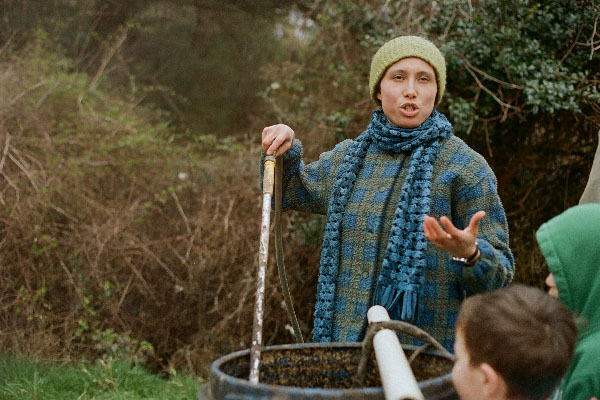
Six years ago, Heather Ramsay started as a volunteer on the farm, but now she works on the farm full time.
Ramsay and Unno noted that unlike conventional farming, their practices are slower and require them to grow seasonally.
Because their greenhouses aren’t heated, they can’t grow tomatoes and cucumbers in the winter, which isn’t a problem for them.
Their vegetables are also B.C. certified organic, which means crops are farmed with non-chemical fertilizers and no pesticides.
Instead, they have used okara, a soy pulp derived from tofu, in the past to fertilize soil, and cover their produce with nets to keep pests out.
“We take it into account when planting,” Ramsay said.
A big belief on the farm is the idea of balance of nature and “pests” that live on the farm.
Living in a forested area, there is a diversity of insects that helps support this balance.
“There’s a lot of vegetation and natural growth here,” Ramsay said. “We let them be wild parts of the farm.”
Ramsay said one benefit to farming year-round is budgeting their energy and not overworking themselves in peak seasons.
A lot of her time is spent preparing soil.
Despite mercurial weather, between cool and hot springs over the past few years, Victoria’s weather is milder than in Japan.
Because Japan gets warmer weather, Unno said weeds and vegetables grow faster but typhoons and heavy rains can easily wipe out crops.
Victoria’s weather is a lot easier to work with.
But overall, Umi Nami’s slow growing processes are what keep customers like Jake West, who has bought vegetables from the farm at the Moss St. Market for the past four years.
“It’s very hard to find Japanese vegetables,” he said. “You can find some things imported but if you want fresh vegetables, this is it.”
***







 17 May 2016
17 May 2016
 Posted by Kayla Isomura
Posted by Kayla Isomura 